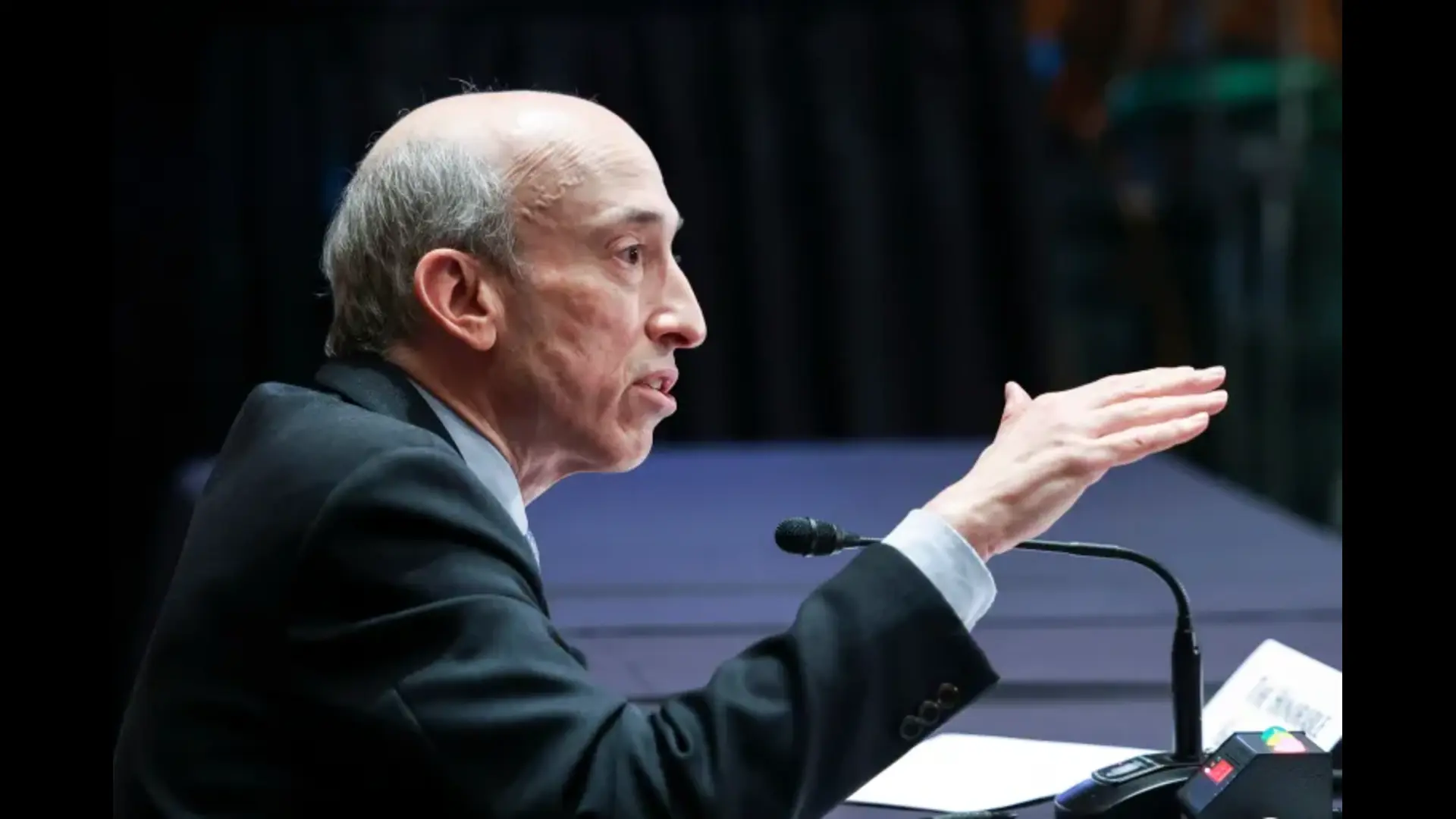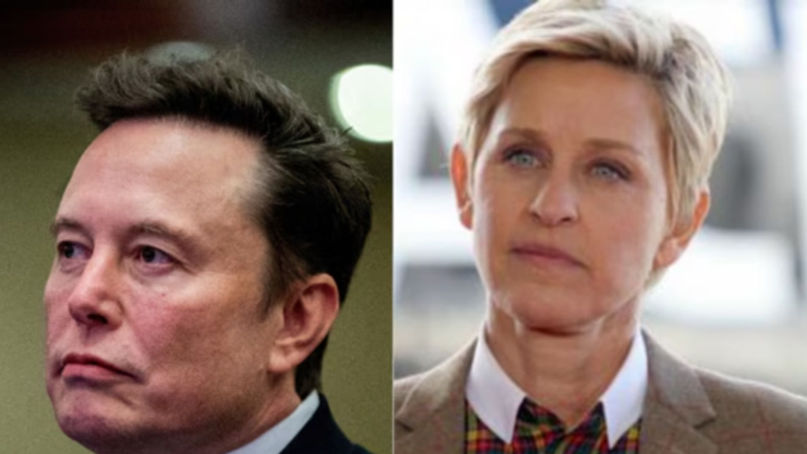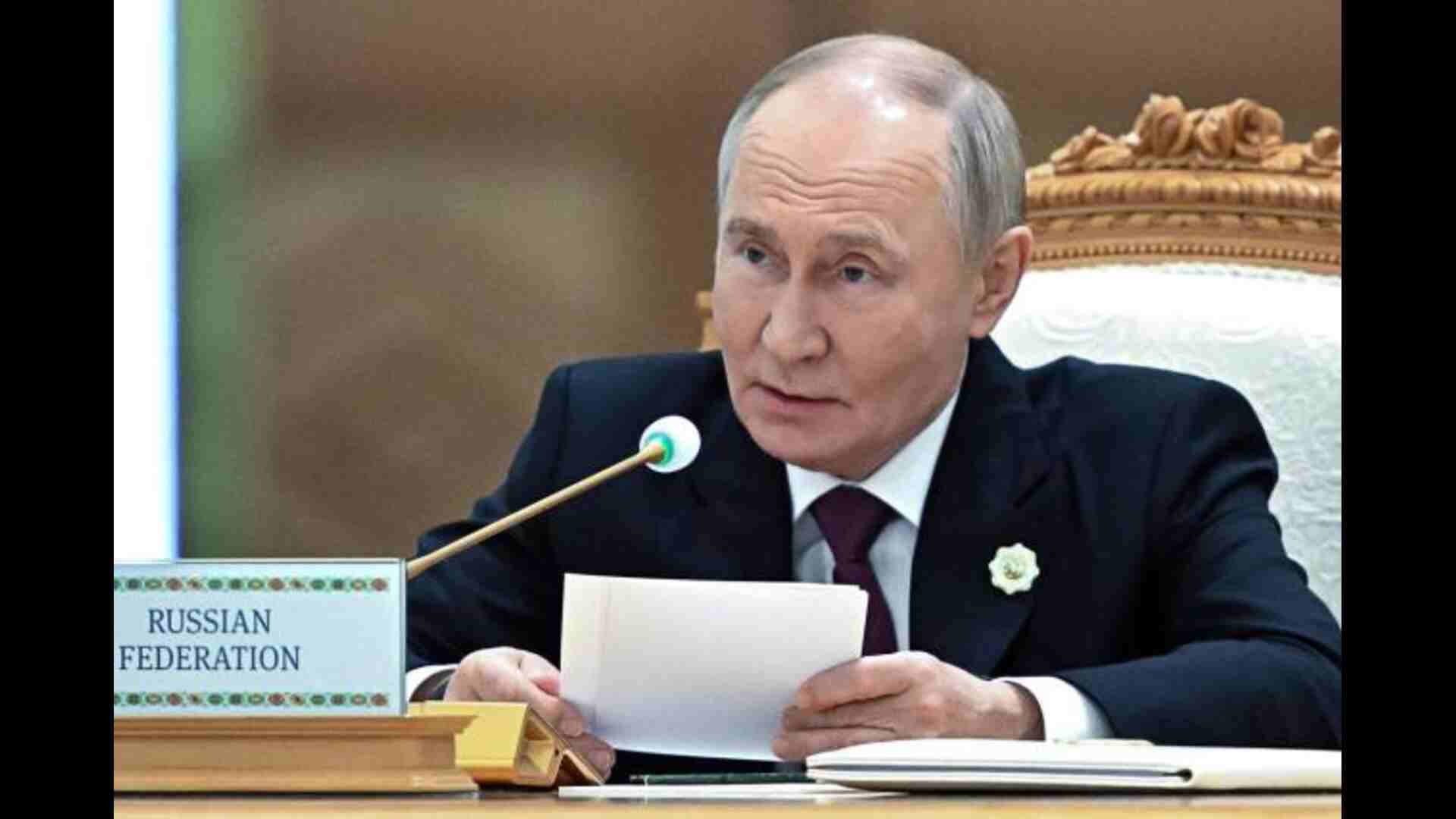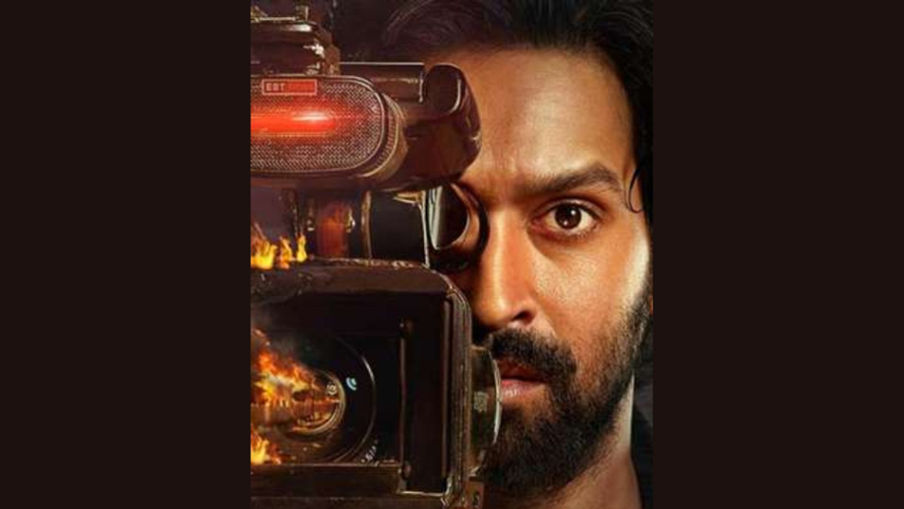
For years, the position of the CEO, which is arguably the most important and coveted position in an organisation, has gone to professionals from business roles such as Sales & Marketing, or operations. Depending on the Industry, Manufacturing and heavy Engineering Industries have looked at professionals from operations, Financial sectors have looked at Finance professionals, FMCG and FMCD industries have looked at Sales and Marketing incumbents, and so on.
There was no precedence of a CHRO taking the helm till December 2021, when not one but two examples came our way. Leena Nair, CHRO Unilever, was appointed as CEO of Chanel and Alka Mittal, HR director ONGC was appointed as Chairman & MD, ONGC.
And when they did, there was quite a furore and debate on the social media. From, are HR professionals really ready to take on the role of a CEO, do they understand customer, consumer, market, business imperatives and what not?
This entire debate begs the question- when will we stop looking at ‘labels’ and start looking at the ‘individual’ and what the individual brings to the table, in terms of skills, competencies, knowledge, experience, wisdom, and the ability to do the job at hand? Is stereotyping by profession yet another stereotype we have to live with? Yet another glass ceiling? Will those in so called ‘support functions’ have to reconcile with the fact that their growth will stop at ‘head of function’ of director of function’?
Let us take a broad overview of why this stereotype came into being and how it is fast changing in the present day.
WHY THE STEREOTYPE?
Human resources is an ‘arterial’ function for any organization. Human resources function manages one of the most critical assets an organisation has- It’s people.
An organisation can have the best product or service, state of the art machinery or technology, but the people who sell those products and services, use those machines and technology need to be attracted, recruited, retained, engaged, rewarded, motivated and made productive through the right culture, structures, policies and processes, which is the essential job of the HR function. This is how HR is operating today. Hand in hand with business, helping businesses evolve with the times, being a Strategic HR business Partner.
However, traditionally, the evolution of the HR function has seen several stages. From being a ‘personnel department’ which was essentially responsible for employee documentation, timekeeping and payroll, to being an HR operations function- essentially taking care of day to day HR operations, to being Business partner, to now being a strategic HR business partner.
Despite this evolution, the traditional understanding of HR seems to have stuck and as essential as the role of an HR function is, it is often treated as a relatively lesser significant role in many organizations. It is visible in the fact that you would find the HR head in many companies at a junior grade than other functions. Many emerging and growing organisations often do not even appoint a full time HR resource until they start seeing glaring problems in culture, discipline, processes.
Some businesses are of the opinion that since HR is not directly engaged in the business expansion, or is not a ‘revenue generation function’ or involved in other relevant operations such as finance or supply chain, a CHRO might not be able to do justice to these functions as a CEO. However, the truth could not be farther than this.
Some reasons why people working in the field of HR can make remarkable leaders are listed as follows-
Strong grip on workforce landscape- The primary role of a figure of authority is to ensure a seamless working environment. This includes ensuring that the employees are happy and satisfied with their work and treatment. It goes without saying that few people can perform this function as well as an experienced HR professional. HRs, having dealt exclusively with people and their behaviour for years, have a knack for understanding and forecasting employees’ reactions to potential decisions. They can deploy their expertise in human behaviour to maximise positive outcomes of business decisions as well as ensure a harmonious work environment which is key to success in any organization.
Presence of mind and quick decision-making- As part of their role, CHROs deal with ambiguity, unpredictability and volatility. Human behaviour is one of the most unpredictable matter that one can deal with. Since a CHRO is mainly responsible for dealing with Human Resources, he/she has ample experience in dealing with unpredictability and ambiguity in the most optimum way possible, being prepared with contingency plans and managing multiple stakeholders. They understand the value of a presence of mind and quick decision-making with respect to the changing environment.
A skill like this is of extreme importance in a person in the position of a CEO. This is because managing business environment also requires quick decision making, contingency planning, being comfortable with ambiguity, stakeholder management and most importantly being able to read and deal with human behaviour.
Holistic view of the organisation- Being a Strategic HR Business Partner, a CHRO partners with every function in the organisation, helps them structure for optimal productivity, helps them build capability within or acquire the right capability, streamline processes and policies, reward, recognise, incentivise people, help with talent assessment, appraisals and promotions. This requires them to understand the nitty grittiest of business, business processes, success imperatives. Unlike other functions, who only have view of their own functions, HR, by virtue of their role need to a have full view of the whole organisation, making CHROs uniquely poised to take on the CEO’s mantle.
Summing Up
The debate of whether or not a CHRO is a good choice for a CEO has now come to the fore and hopefully will be quelled as more and more organisations begin to see merit in the choice. The reason behind the debate primarily comes from the fact that a CHRO is responsible for overseeing the Human Resource function which is labelled as a ‘support function’ and does not directly contribute to the business and its growth. However, this notion stands nullified, and could not be further from the truth.
The Author is Founder and Managing Partner, Marching Sheep















